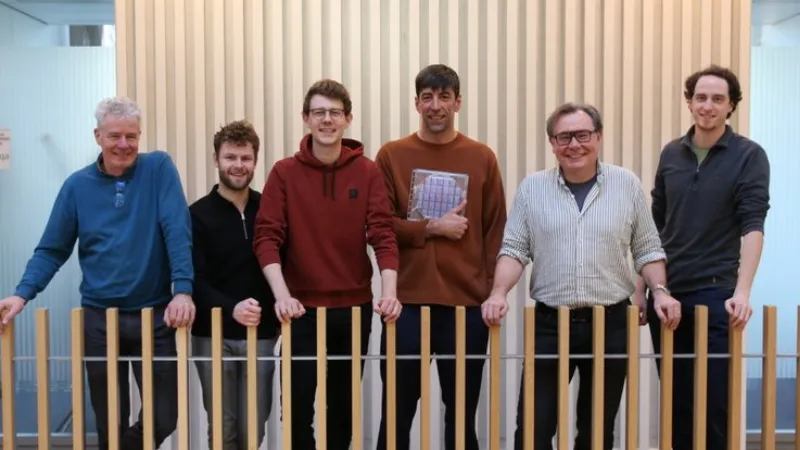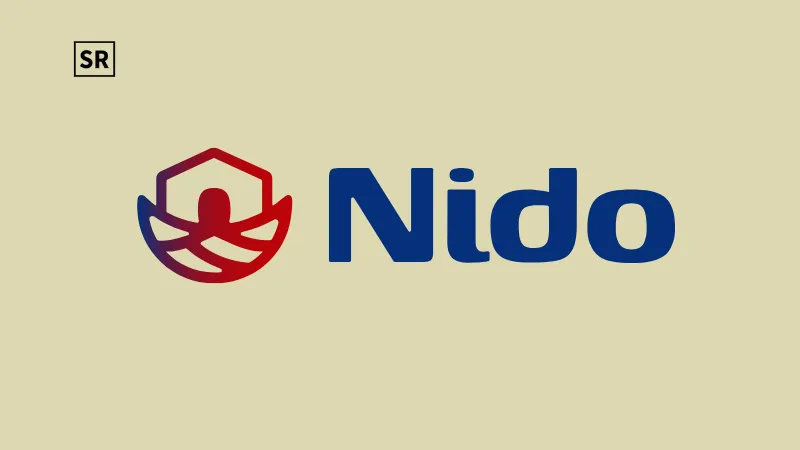Asceneuron Funding News – Asceneuron Secures $100 Million Series C Financing
Jul 17, 2024 | By Team SR
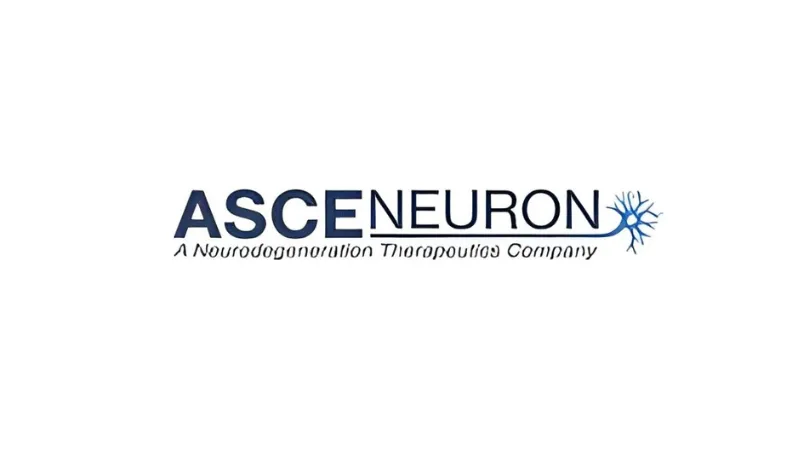
Asceneuron SA, a clinical stage biotech company developing small molecules targeting tau protein aggregation, a root cause of neurodegenerative disease, today announces an $100 million oversubscribed Series C financing to advance the clinical development of its groundbreaking clinical pipeline of OGA inhibitors for the treatment of neurodegenerative diseases.
The financing was led by Novo Holdings with new investment from EQT Life Sciences – LSP Dementia Fund, OrbiMed and SR One, alongside participation from existing investors M Ventures, Sofinnova Partners, GSK Equities Investments Limited and Johnson & Johnson Innovation – JJDC, Inc.
Read also - One Data funding news – Germany-based One Data Secures €32 Million in Series B Extension Round Funding
RECOMMENDED FOR YOU

British HealthTech Startup Punto Health Gets €100k Grant For Their Dementia Care App
Kailee Rainse
Jun 21, 2025
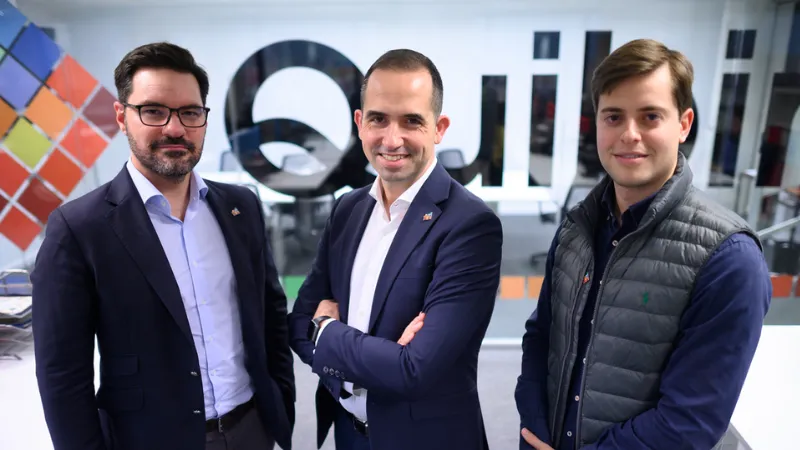
Quibim funding news – Valencia-based Quibim Secures €47.9 Million in Series A Round Funding
Kailee Rainse
Jan 29, 2025
The financing will be used to advance Asceneuron’s lead asset ASN51 into Phase 2 clinical development for the treatment of Alzheimer’s disease. ASN51 is an oral small molecule drug designed to inhibit OGA, an enzyme implicated in protein aggregation. By preventing the aggregation of tau proteins, ASN51 aims to slow the progression of Alzheimer’s disease. OGA inhibition has also shown promising potential to prevent the aggregation of proteins that are central to other neurodegenerative diseases, including Parkinson’s disease and amyotrophic lateral sclerosis.
ASN51’s unique mode of action and convenient oral formulation make it an ideal therapy for patients with Alzheimer’s disease. Asceneuron has completed five Phase 1 clinical trials, demonstrating complete central nervous system uptake and high OGA enzyme occupancy. Asceneuron plans to initiate its first Phase 2 clinical study later this year.
Barbara Angehrn Pavik, Chief Executive Officer of Asceneuron, said: “This high caliber life sciences investor syndicate further validates the potential of our OGA inhibitor pipeline and leadership in the field of tauopathies. We are excited to advance our lead asset ASN51 into Phase 2 clinical development, recognizing its potential to significantly expand treatment options for patients with Alzheimer’s disease.”
Naveed Siddiqi, MD, Senior Partner, Venture Investments, Novo Holdings, commented: “Alzheimer’s disease is undergoing a transformational moment. Millions are afflicted by this devastating disease and there are very few therapeutic options. Validated biomarkers are allowing for more focused and rapid development. We are now witnessing the approvals of the first disease modifying antibody based injectable therapies. Asceneuron’s innovative oral small molecule drug targeting intracellular tau offers the potential for a paradigm shift in the way this neurodegenerative disease is treated.”
In connection with the financing, Naveed Siddiqi of Novo Holdings, Philip Scheltens of EQT Life Sciences – LSP Dementia Fund and Dina Chaya of OrbiMed will join the Asceneuron board of directors, chaired by Abbas Hussain. Amit Shah, board director, will now represent new investor SR One (previously representing GSK). These Board directors join existing investor directors, Henrijette Richter of Sofinnova Partners and Hakan Goker of M Ventures.
About Asceneuron
Asceneuron is a clinical stage biotech company focused on the development of orally bioavailable therapeutics for debilitating neurodegenerative disorders with high unmet medical need. The pipeline reflects our ambition to develop treatments for a wide a range of neurodegenerative diseases including orphan tauopathies, Alzheimer’s and Parkinson’s disease. Asceneuron has two clinical stage small molecule O-GlcNAcase inhibitors in development for the treatment of proteinopathies including Parkinson’s Disease, Alzheimer’s disease and related disorders.
Recommended Stories for You
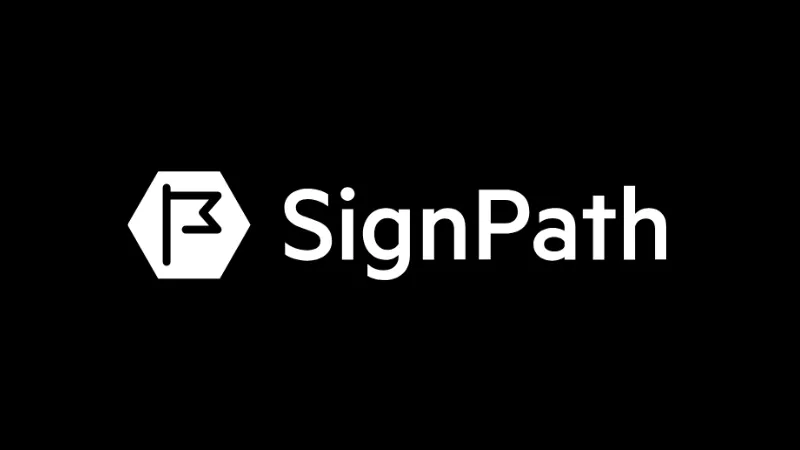
SignPath funding news – Vienna-based SignPath has Raised €5Million in Series A Round Funding
Kailee Rainse Jan 8, 2025


 Follow us
Follow us Follow us
Follow us
